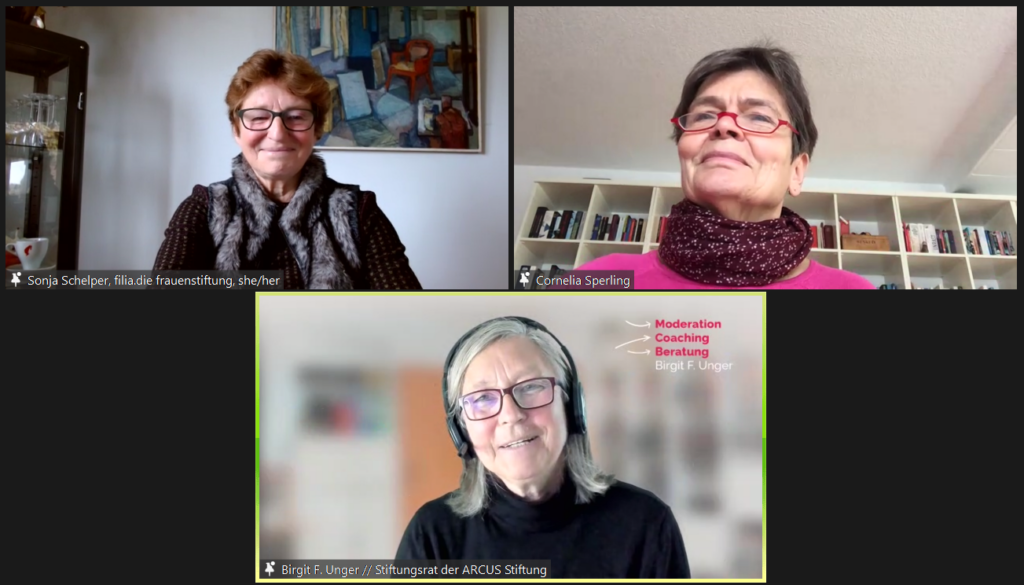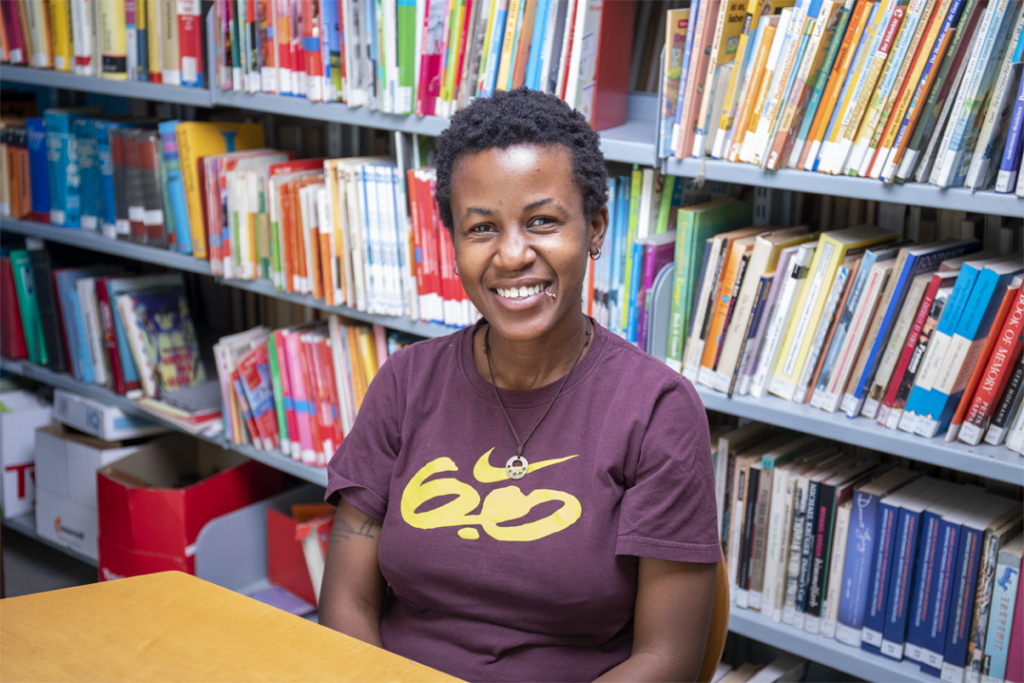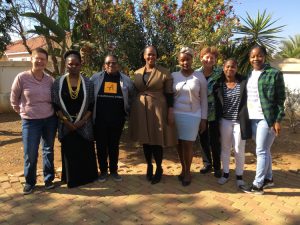Invitation to an Online Talk of LSVD and Hirschfeld-Eddy-Foundation
When: Wednesday, 23. September, 5:00 — 6:00 PM CEST
Who:
Botho Maruatona, Botswana, Coalition of African Lesbians, Community and Campaigns Officer
Tash Dowell, Zimbabwe, Feminist Action Collective
Neo Kabi, Lesotho, Masakhane-Collective
Moderator: Cornelia Sperling, Masakhane project supporter for the LSVD and filia.
Beitrag
We’ll hear and discuss experiences from the South: The Masakhane Project “Promoting Human Rights in Southern Africa by strengthening Women NGO Activists – with a focus on Women’s Rights and SOGIE Rights” has been organized since 2014 by the Coalition of African Lesbians. Through strengthening feminist community building and advocacy work in six countries: Botswana, Eswatini, Lesotho, Mozambique, Zambia, Zimbabwe — www.cal.org.za . Masakhane is supported by filia, the German Women’s Fund and and the Lesbian and Gay Federation in Germany LSVD and financed by the Federal Ministry for Economic Cooperation and Development — BMZ.
We will be in conversation with three activists from Southern Africa who are part of the Masakhane Project and learn about the critical perspective of the Coalition of African Lesbians on advocacy focusing on LGBTI rights in the broader context of the relationship between Global North and Global South. Competition, support, allyship, as well as the experiences of collective feminist movement building in the region will be topics of discussion.
Please register with name (and organization if applicable) before Sep 23 by email: c.sperling [at] reviera.de
The access link for the Zoom session will be sent to all registered users a few hours in advance by email.



